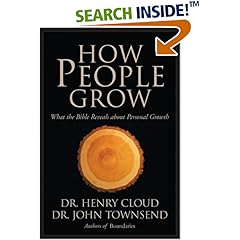Lost Horizon, by James Hilton
A coincidence, I presume, gave us two books this month whose central plotline begins in Afghanistan. In both books, Afghanistan is (or becomes) a place of turmoil, revolution, and man's inhumanity to man. In both cases, the central character escapes to a place so distinct it might as well be another world.
Unlike Amir in The Kite Runner, who must return to deal with his past, Conway in Lost Horizon seems to have left everything behind. Indeed he is required to leave everything behind. Shangri-La takes all prisoners.
The Kite Runner suggests that human action--whether a personal rescue or American bombs--can make some difference in the turmoil of the world. Lost Horizon suggests the only escape is in an inaction of sorts, concealment and preservation while the world outside lays itself waste. The conflict in Afghanistan is only a prelude to an imminent worldwide cataclysm (which did come, though it was not as catastrophic as the characters imagined).
Shangri-La reminded me a bit of Rivendell, with the long lives and the focus on preservation of what was good in the past. But Mallinson was right; there was something unwholesome about the place. I'd love to visit Rivendell for weeks on end, but I don't think I'd want to spend more than a four-hour tour in Shangri-La. People were not meant to live so long or do so little with so little conviction.
I do have a little sympathy with the mission of Shangri-La, though. Rather than hoping to live on and hold the memory of good things past myself, I hope to pass them on to my children. (A category Shangri-La apparently eschewed.)
As an adventure story, a what-if story, it was a fun read. I did feel like the plot fell apart at the end, though, with a rather contrived reason for escape just to justify the frame story that gets the tale back to the outside world.


